COMCEC
The Standing Committee for Economic and Commercial Cooperation (COMCEC) is one of four standing committees of the Organisation of Islamic Cooperation (OIC). It was established in 1981 at the Third Islamic Summit Conference held in Mecca/Ta'if and serves as a multilateral economic and commercial cooperation forum in the Islamic world. The committee convenes annually at ministerial level in İstanbul under the Chairmanship of the President of the Republic of Turkey.
The organization defines its scope of cooperation by trade, transport, agriculture, tourism, poverty alleviation, and financial as well as private sector cooperation.
Objectives
The COMCEC lists following objectives on its website:[1]
- To address the economic challenges of the Islamic Ummah and to contribute to the development efforts of the Member States.
- To produce and disseminate knowledge, share experience and best-practices, develop a common understanding, and approximate policies among the Member States in line with the vision and principles of its Strategy.[2]
- To serve as the central forum for the Member States to discuss international economic and commercial issues.
- To study all possible means of strengthening economic and commercial cooperation among the Member States.
- To draw up programs and submit proposals designed to increase the welfare of the Member States.
- To ensure the overall coordination of the activities of the OIC relating to economic and commercial cooperation among the Member States.
History
- November 14–16, 1984: First session of the COMCEC in Istanbul
- September 4–7, 1988: At the fourth session of the COMCEC in Istanbul, the states adopted basic guiding principles to set up a trade preferential system among OIC Member States (Declaration of Intent).[3]
- October 7–10, 1990: At its sixth summit, COMCEC is presented a draft framework agreement on the Trade Preferential System which will be adopted afterwards.[4]
Membership
Member States
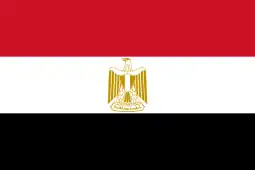 Egypt (Joining date: 1969)
Egypt (Joining date: 1969)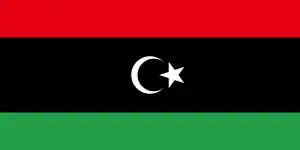 Libya (Joining date: 1969)
Libya (Joining date: 1969)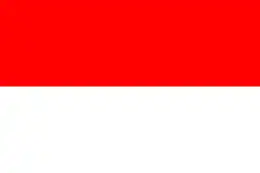 Indonesia (Joining date: 1969)
Indonesia (Joining date: 1969)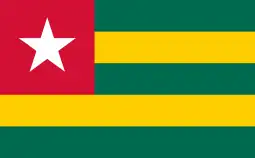 Togo (Joining date: 1997)
Togo (Joining date: 1997)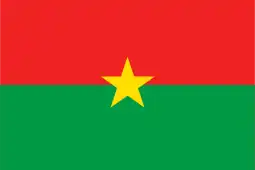 Burkina Faso (Joining date: 1974)
Burkina Faso (Joining date: 1974) Malaysia (Joining date: 1969)
Malaysia (Joining date: 1969)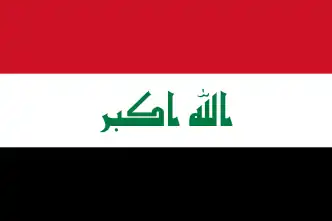 Iraq (Joining date: 1975)
Iraq (Joining date: 1975)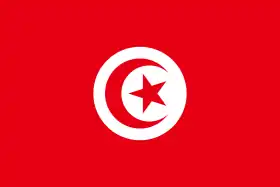 Tunisia (Joining date: 1969)
Tunisia (Joining date: 1969)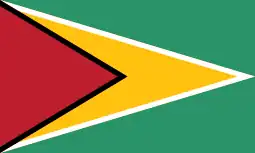 Guyana (Joining date: 1998)
Guyana (Joining date: 1998)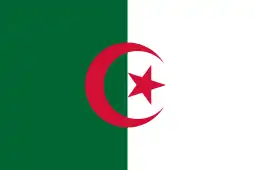 Algeria (Joining date: 1969)
Algeria (Joining date: 1969)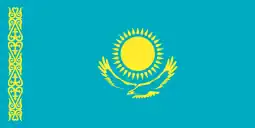 Kazakhstan (Joining date: 1995)
Kazakhstan (Joining date: 1995) Turkey (Joining date: 1969)
Turkey (Joining date: 1969)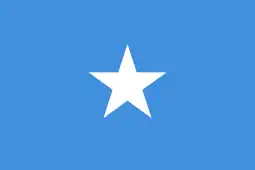 Somalia (Joining date: 1969)
Somalia (Joining date: 1969)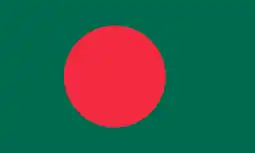 Bangladesh (Joining date: 1974)
Bangladesh (Joining date: 1974)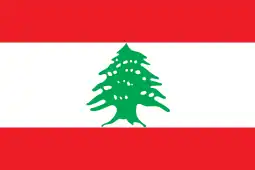 Lebanon (Joining date: 1969)
Lebanon (Joining date: 1969)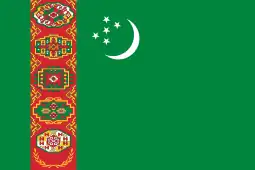 Turkmenistan (Joining date: 1992)
Turkmenistan (Joining date: 1992)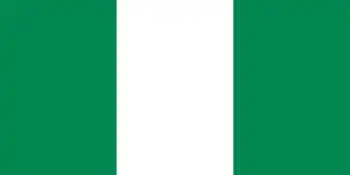 Nigeria (Joining date: 1986)
Nigeria (Joining date: 1986) Albania (Joining date: 1992)
Albania (Joining date: 1992)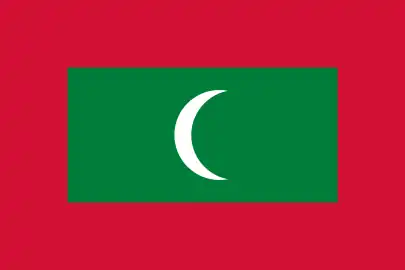 Maldives (Joining date: 1976)
Maldives (Joining date: 1976)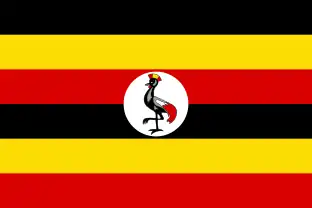 Uganda (Joining date: 1974)
Uganda (Joining date: 1974)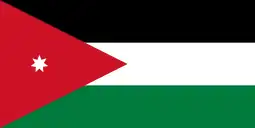 Jordan (Joining date: 1969 )
Jordan (Joining date: 1969 ) Azerbaijan (Joining date: 1992)
Azerbaijan (Joining date: 1992)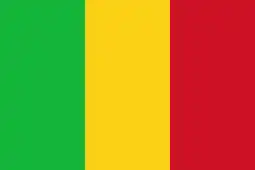 Mali (Joining date: 1969)
Mali (Joining date: 1969)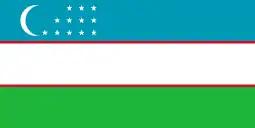 Uzbekistan (Joining date: 1996)
Uzbekistan (Joining date: 1996)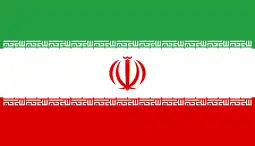 Iran (Joining date: 1969)
Iran (Joining date: 1969)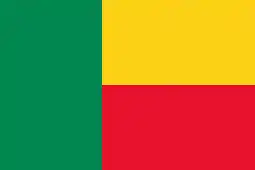 Benin (Joining date: 1983)
Benin (Joining date: 1983)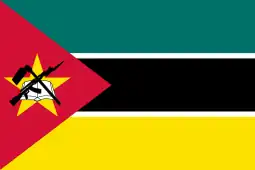 Mozambique (Joining date: 1994)
Mozambique (Joining date: 1994)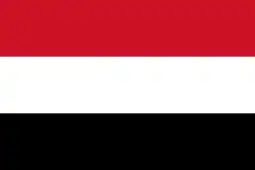 Yemen (Joining date: 1969)
Yemen (Joining date: 1969)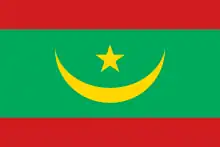 Mauritania (Joining date: 1969)
Mauritania (Joining date: 1969)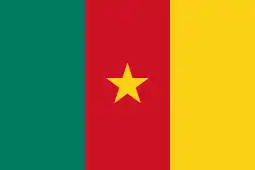 Cameroon (Joining date: 1974)
Cameroon (Joining date: 1974)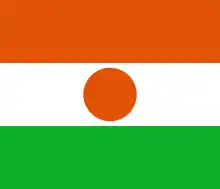 Niger (Joining date: 1969)
Niger (Joining date: 1969) Qatar (Joining date: 1972)
Qatar (Joining date: 1972)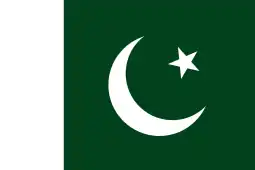 Pakistan (Joining date: 1969)
Pakistan (Joining date: 1969)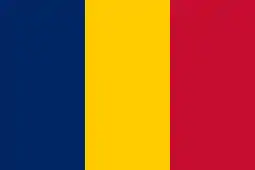 Chad (Joining date: 1969)
Chad (Joining date: 1969)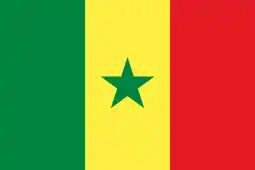 Senegal (Joining date: 1969)
Senegal (Joining date: 1969)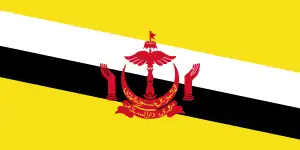 Brunei Darussalam
Brunei Darussalam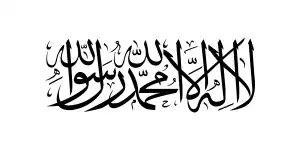 Afghanistan (Joining date: 1969)
Afghanistan (Joining date: 1969)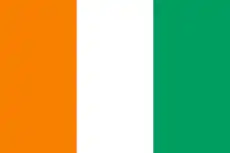 Ivory Coast (Joining date: 2001)
Ivory Coast (Joining date: 2001)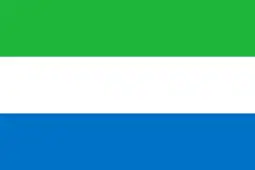 Sierra Leone (Joining date: 1972)
Sierra Leone (Joining date: 1972)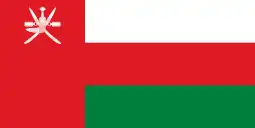 Oman (Joining date: 1972)
Oman (Joining date: 1972)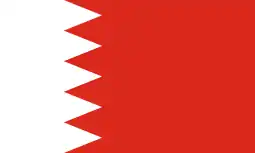 Bahrain (Joining date: 1972)
Bahrain (Joining date: 1972)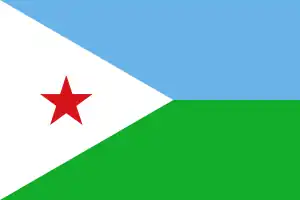 Djibouti (Joining date: 1978)
Djibouti (Joining date: 1978)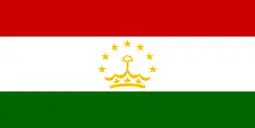 Tajikistan (Joining date: 1992)
Tajikistan (Joining date: 1992)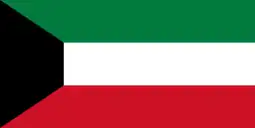 Kuwait (Joining date: 1969)
Kuwait (Joining date: 1969)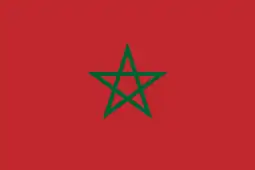 Morocco (Joining date: 1969)
Morocco (Joining date: 1969)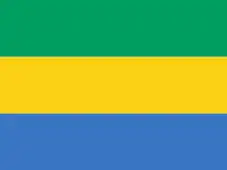 Gabon (Joining date: 1974)
Gabon (Joining date: 1974)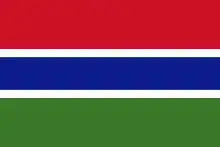 Gambia (Joining date: 1974)
Gambia (Joining date: 1974)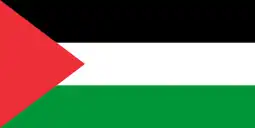 Palestine (Joining date: 1969)
Palestine (Joining date: 1969)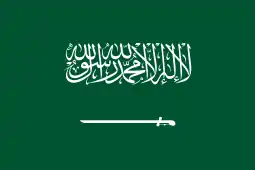 Saudi Arabia (Joining date: 1969)
Saudi Arabia (Joining date: 1969)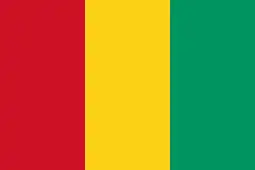 Guinea (Joining date: 1969)
Guinea (Joining date: 1969)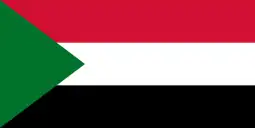 Sudan (Joining date: 1969)
Sudan (Joining date: 1969)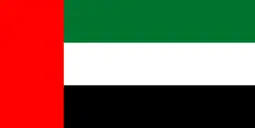 United Arab Emirates (Joining date: 1972)
United Arab Emirates (Joining date: 1972)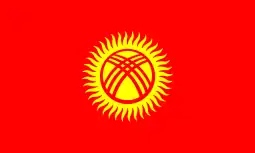 Kyrgyz Republic (Joining date: 1992)
Kyrgyz Republic (Joining date: 1992)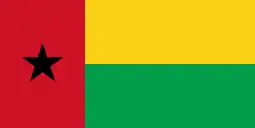 Guinea-Bissau (Joining date: 1974)
Guinea-Bissau (Joining date: 1974)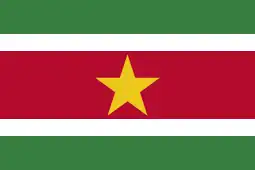 Suriname (Joining date: 1996)
Suriname (Joining date: 1996)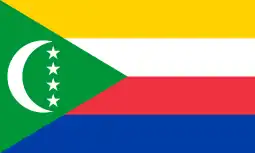 Comoros (Joining date: 1976)
Comoros (Joining date: 1976)
The Trade Preferential System (TPS-OIC)
The Trade Preferential System aims to promote trade among the Member States of the OIC by means of exchanging preferences. It includes a Most-Favored Nation clause, providing that all states participating in the TPS-OIC receive equal trade advantages as the "most favoured nation" by the country granting such treatment.
Trade among OIC countries
The official website indicates a goal of 20% intra-OIC trade by the year 2015. However, some economists consider this goal to be unrealistic.[5]
| Year | intra-OIC trade (as % of total trade) |
|---|---|
| 2009 | 16,7%[5] |
| 2010 | 17,0%[6] |
| 2011 | 17,8%[6] |
| 2012 | N.A. |
| 2013 | 18,2%[6] |
Legal documents
- TPS-OIC Framework Agreement (entry into force: 2002)
- Protocol on Preferential Tariff Scheme (PRETAS) (entry into force: February 2010)
- TPS-OIC Rules of Origin (entry into force: August 2011)
- Rules of procedures of the Committee
References
- "COMCEC". Archived from the original on 2014-11-25. Retrieved 2014-11-25.
- 4th Extraordinary Session of the Islamic Summit Conference (14–15 August 2012) "COMCEC Strategy for Building an Interdependent Islamic World" (PDF). COMCEC Coordination Office. Archived from the original (PDF) on 2014-12-18. Retrieved November 25, 2014.
- "Report and Resolutions of the Fourth Session of the COMCEC" (PDF). COMCEC. September 7, 1988. Retrieved December 31, 2014.
- "Report and Resolutions of the Sixth Session of the COMCEC" (PDF). COMCEC. October 10, 1990. Retrieved December 31, 2014.
- "Facilitating trade among muslim nations". DAWN MEDIA GROUP. 23 April 2012. Retrieved November 25, 2014.
- "Trade". Archived from the original on 2014-11-29. Retrieved November 25, 2014.